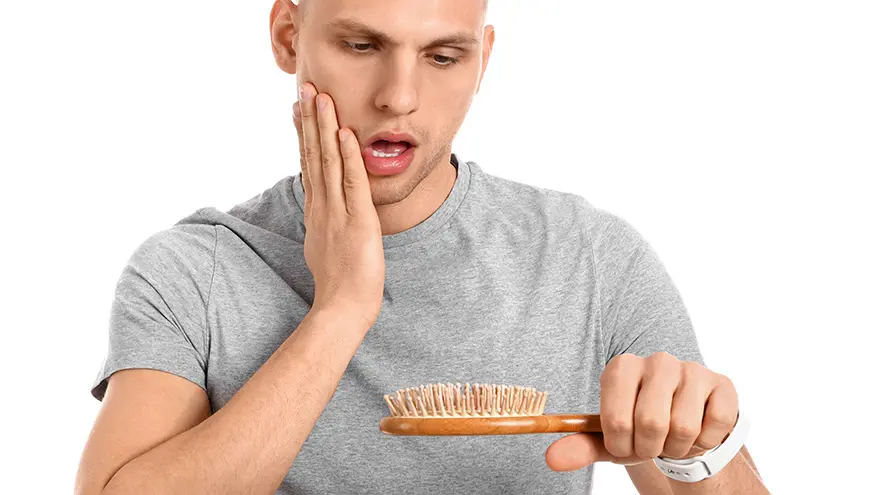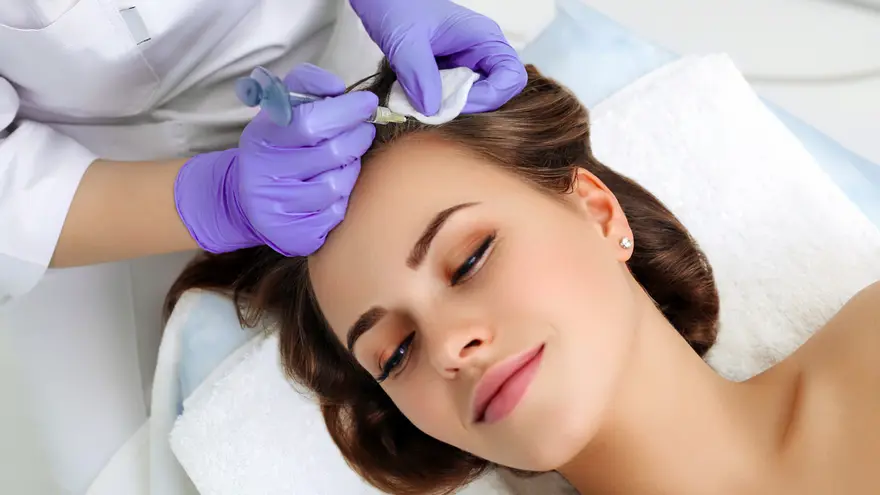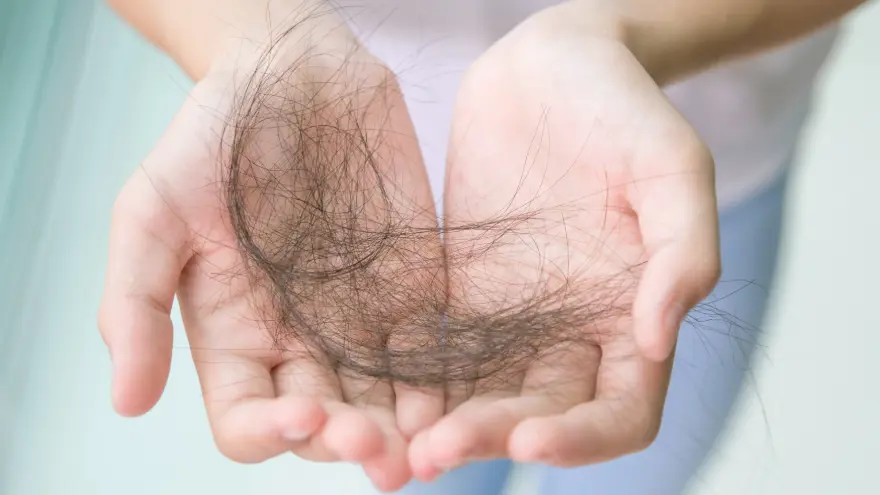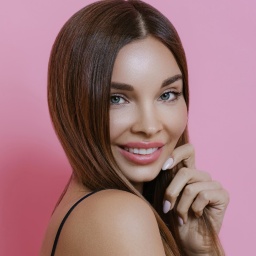Hair Fall Treatment
- Home
- Hair Fall Treatment
Our Doctor

Dr. Rahul Sheshgiri
Dermatologist & Cosmetic Doctor
Hair Fall Treatment

Introduction
Hair fall, also known as hair loss or alopecia, is a common concern affecting millions of individuals worldwide. From genetics and hormonal imbalances to stress and lifestyle factors, there are numerous reasons why people experience hair fall. Fortunately, various treatment options are available to address this issue and promote healthy hair growth. In this comprehensive guide, we delve into the causes of hair fall, explore effective treatment solutions, and provide valuable prevention tips to help individuals combat hair loss and achieve thicker, fuller hair.
Understanding the Causes of Hair Fall
Hair fall can be caused by a variety of factors, including:
Genetics: Family history plays a significant role in determining hair loss patterns. Individuals with a family history of hair loss, such as male or female pattern baldness, are more likely to experience hair fall themselves.
Hormonal Imbalances: Hormonal changes, such as those that occur during puberty, pregnancy, childbirth, or menopause, can disrupt the hair growth cycle and lead to temporary or permanent hair loss.
Stress: Physical or emotional stress can trigger hair fall by disrupting the normal hair growth cycle and causing hair follicles to enter the resting phase prematurely.
Nutritional Deficiencies: Inadequate intake of essential nutrients such as vitamins, minerals, and proteins can weaken hair follicles and contribute to hair fall.
Medical Conditions: Certain medical conditions, such as thyroid disorders, autoimmune diseases, and scalp infections, can cause hair fall as a secondary symptom.
Effective Hair Fall Treatment Options

Medications:
- Minoxidil: Minoxidil is a topical medication approved by the FDA for treating hair loss in both men and women. It works by stimulating hair follicles, prolonging the growth phase of the hair cycle, and promoting thicker, fuller hair growth.
- Finasteride: Finasteride is an oral medication that inhibits the production of dihydrotestosterone (DHT), a hormone that contributes to hair loss in men with male pattern baldness. It is typically prescribed for men and may not be suitable for use by women.
- Anti-androgens: Anti-androgen medications such as spironolactone may be prescribed to women with hormonal hair loss to block the effects of androgens on the hair follicles.
Hair Transplant Surgery: Hair transplant surgery involves removing healthy hair follicles from a donor site on the scalp and transplanting them into bald or thinning areas. This procedure can provide long-lasting results and natural-looking hair growth.
Low-Level Laser Therapy (LLLT): LLLT is a non-invasive treatment option that uses low-level laser light to stimulate hair follicles, increase blood flow to the scalp, and promote hair growth. It can be performed at home using handheld devices or in a clinical setting.
Platelet-Rich Plasma (PRP) Therapy: PRP therapy involves injecting platelet-rich plasma derived from the patient’s own blood into the scalp to stimulate hair follicles, improve hair growth, and reduce inflammation.
Scalp Micropigmentation (SMP): SMP is a non-surgical cosmetic procedure that involves tattooing the scalp to create the appearance of a fuller head of hair. It is often used to camouflage thinning hair or create the illusion of a shaved head.
Prevention Tips for Hair Fall
Maintain a Balanced Diet: Eat a diet rich in vitamins, minerals, and proteins to support healthy hair growth. Include foods such as fruits, vegetables, lean meats, fish, nuts, and seeds in your diet.
Avoid Harsh Hair Treatments: Limit the use of harsh hair treatments such as chemical dyes, relaxers, and heat styling tools, as these can damage the hair shaft and contribute to hair fall.
Practice Stress Management: Engage in stress-relieving activities such as exercise, meditation, yoga, or deep breathing exercises to reduce stress levels and prevent hair fall.
Avoid Tight Hairstyles: Avoid hairstyles that pull on the hair follicles, such as tight ponytails, braids, or cornrows, as these can cause traction alopecia and lead to hair loss.
Be Gentle with Your Hair: Handle your hair gently when washing, brushing, or styling to minimize breakage and prevent further hair fall.
Conclusion

Hair fall is a common concern that can affect individuals of all ages and backgrounds. Fortunately, there are numerous treatment options available to address this issue and promote healthy hair growth. By understanding the causes of hair fall, exploring effective treatment solutions, and following prevention tips, individuals can combat hair loss and achieve thicker, fuller hair. If you’re experiencing hair fall, consult a qualified healthcare provider or dermatologist to discuss your options and develop a personalized treatment plan tailored to your needs. With the right approach, you can restore confidence in your appearance and enjoy a head of beautiful, healthy hair once again.
What People Says!
Hear from our delighted clients as they share their experiences and stories of transformation. Your trust inspires us to keep delivering excellence!



